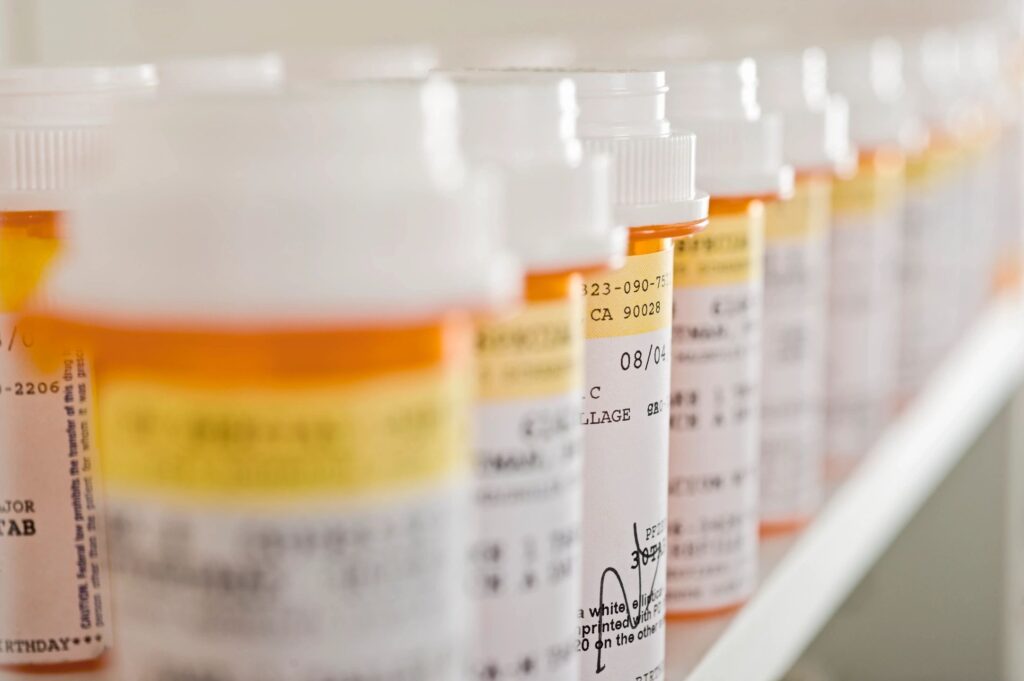Budget Reconciliation Plan Could Lower Rx Prices for Ohioans


Budget Reconciliation Plan Could Lower Rx Prices for Ohioans
By Mary Schuermann Kuhlman
COLUMBUS, Ohio – Congress has an opportunity to help lower prescription-drug costs for Ohioans, who, along with other Americans pay roughly three times as much for the same medications as people in other countries.
The average annual cost of prescription drugs increased 26% between 2015 and 2019, while the average income for Ohioans rose only 14%.
Mindi Patterson of Dayton says her 48-year-old sister-in-law paid more than $800 a month for insulin to manage her Type 1 diabetes. After losing her job and health insurance in December 2018, she turned to an over-the-counter insulin.
“She purchased that as a last-ditch effort to make it to the 26th when she got her last paycheck where she would be able to afford her medication,” said Patterson. “On Christmas morning, she passed away. She went into diabetic ketoacidosis from rationing her insulin.”
The budget reconciliation package being debated in Congress would allow the federal government to negotiate prescription-drug prices for people on Medicare and private insurance.
Drug companies argue it would hamper the development of new medications. But polling found that most Americans believe pharmaceutical companies still would make enough money to invest in research even if prices were lower.
Cincinnati-area state Rep. Brigid Kelly – D-31st – said there is broad support for federal action to address rising prescription-drug prices.
“More than nine in 10 Americans support giving Medicare the power to negotiate for lower drug prices,” said Kelly. “That means it’s supported by Democrats, that means it’s supported by Independents, that means it’s supported by Republicans; that means it’s supported by people in urban areas, rural areas, men, women.”
Meanwhile, lowering drug prices continues to be a pressing issue for Patterson, whose two sons and her husbands have Type 1 diabetes. With her husband on permanent disability, she said the family struggles to afford insulin.
“We have actually dug through trash to pull out previous diabetic supplies we’ve used to re-use them,” said Patterson. “We have asked other people in the community for help getting supplies. When your medication is life or death, you try to figure it out to the best of our ability. “
About eight in ten U.S. adults recently polled said the cost of prescription drugs is unreasonable.






